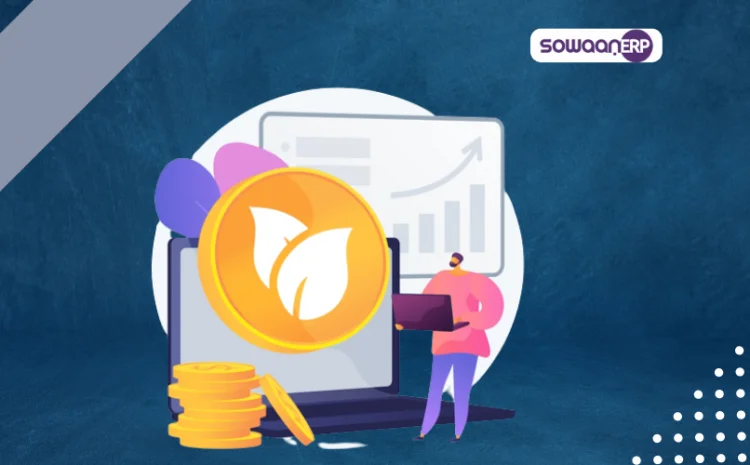
It’s unclear what ERP systems are required for all businesses. The daily operations of a company are demanding enough without having to think about installing a scalable ERP system across the company. Your business continues to run, grow and take on new orders and turn some modest profits after having to endure difficult times in the last few years by using the best non profit ERP systems. If the business is running smoothly, you don’t have to be concerned about implementing a brand-new system and losing important resources.
Top Reasons for Having a Great ERP System:
It’s simple. It’s not a secret it is true that the ERP for nonprofit organizations provides a variety of advantages to businesses and manufacturing companies, particularly. Although some companies are resistant to implementing ERP software, using costs, being busy or too small, or coping using spreadsheets as reasons, the most forward-thinking and innovative enterprises realize the advantages an ERP system could offer them. Are you still not convinced?
Here are the top reasons why companies require ERP software:
-
Maximize efficiency
Whenever possible, no business wants to hold extra inventory. You can accurately predict the amount of stock and the timing of its necessity thanks to an ERP system. You can automate a lot of your activities with ERP software, which can increase productivity by using online accounting software across the entire manufacturing process. This results in a decrease in waste, better source of information planning, and uptime.
-
Upgrade existing system
Many businesses suffer with a legacy system that, while it may have served its purpose in the past, is grossly unfit to replace a contemporary ERP system today. You’ll discover that this is not sustainable over time, whether it be due to a lack of system availability, a learn new formed when users depart, or just a lack of functionality that prevents you from obtaining any useful data.
-
Manage and organize data
While the simple spreadsheet could be useful for storing data and performing some rudimentary analysis in the past, the best ERP software companies in Saudi Arabia have since exceeded it. While it’s not uncommon for businesses to use more than one spreadsheet, you likely have outgrown the capacity of your current spreadsheets as your company has expanded. Is it necessary to create another spreadsheet? An enterprise resource planning system can be used in place of spreadsheets to consolidate and analyses data in real-time.
-
Improved functionality
Many jobs today need to be able to track things down. Mistakes and delays are not an option in the aerospace, auto, and defense supply chains. You need a system that can track inventory, schedule production, and manage other operations to bid on and win contracts in these areas. ERP is important for free payroll software for a nonprofit organization.
-
Minimal Errors
An ERP system allows you to cut down on human mistakes by a lot. When each department has its system, wrong or incomplete knowledge can be put into each. With the best ERP for nonprofit organizations, everything works together, so only one time has to be spent entering information. This information moves across the system, and each department can access the correct original data. And because operations and duties are also in the same system, it’s easy to see how they’re going so that everything gets noticed when employees are on holiday or sick.
-
Obtain Real-Time and consolidate data
Do all of the spreadsheets and “best of breed” tools you use to run your business work together smoothly to provide you a bird’s eye view of everything that’s going on? It’s tough to make important judgments when you don’t have access to all the information you need. The dashboard in an ERP system will typically show your key performance indicators and highlight any outliers. Everything concerning a given order is conveniently stored in a single system, from the original inquiry to the final invoice.
-
Get ISO certification
Suppliers to particular firms and industries must keep their quality accreditation. Although accreditation takes time, having a strong ERP in place greatly reduces this time. To ensure uniformity and standardization across your company’s end-to-end processes, you need an enterprise resource planning (ERP) system. An ERP system may incorporate built-in checks to verify that methods are executed and produce consistent, high-quality work practices, which is a prerequisite for receiving ISO certification.
Final thoughts:
ERP is more important for nonprofits than for any other type of organization. Given how crucial cost-cutting and conserving money are to organizations, an ERP will aid in cost reduction by automating most tasks. Contact us for more information!
